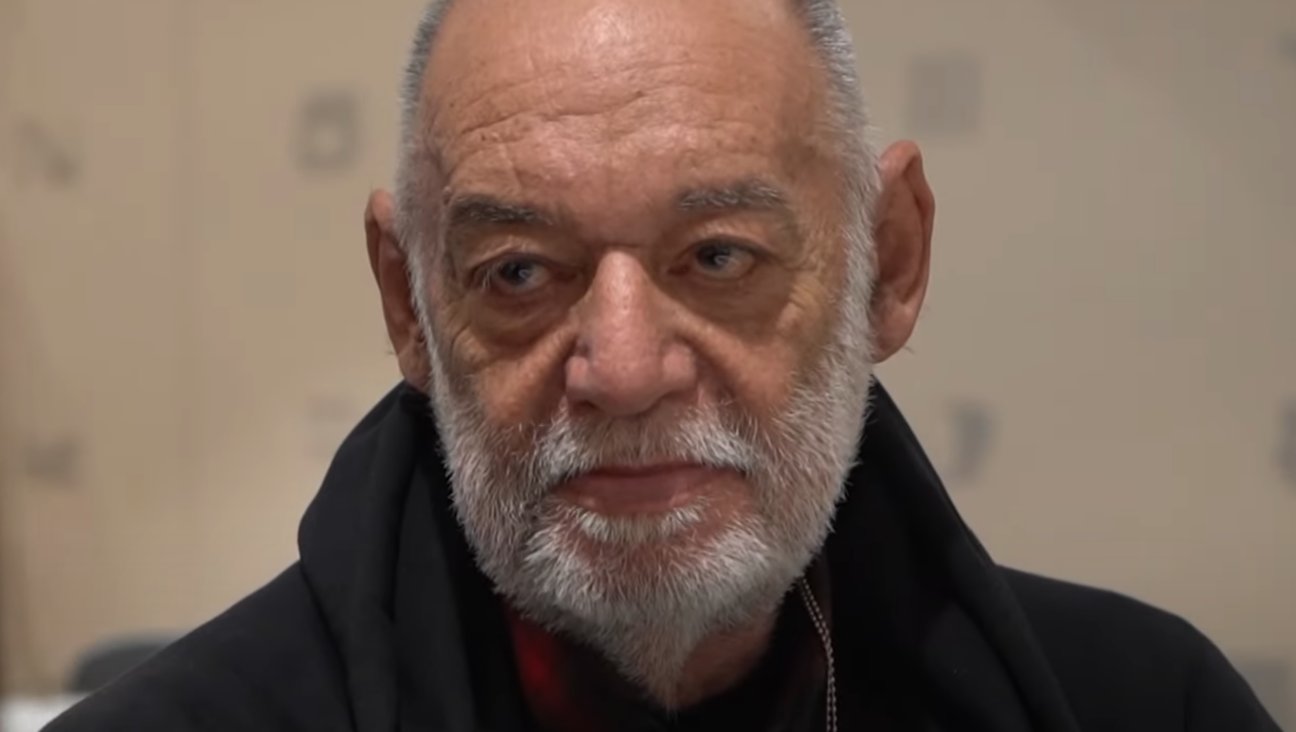How To Help Addicted Jewish Youth

Image by Pixabay
I often wondered how Jewish youth from nurturing families in close knit communities become substance abusers. Do we not provide our children economic stability, values and educational opportunity? Are we not role models of accomplishment and positive social involvement? Our children have every reason to feel good about themselves. And yet, more and more young people who seem to have all of the advantages of American Jewish life fall prey to alcohol or drug use.
Every parent of a young person lost to substance abuse begs the question: is there something I could have done differently to prevent my child’s slide into the abyss of addiction?
We often get caught up in the “how” of everyday living. Demands of school, career or relationships rule our lives; scholastic, professional and social success become the metrics by which we gauge the entirety of our self-worth. The Jewish communal ethos, in particular, values personal achievement and sets a high bar of success for its members. Jewish youth observe our individual ways of being and absorb the communal zeitgeist. For some, however, championing the “how” – accomplishment, adulation and attainment by any standard – rings hollow and meaningless; for others with lesser abilities, practical achievement is devastatingly elusive. Either way, when self-image is tethered to the ebb and flow of everyday living, setbacks resound loudly and every triumph is seen as a prelude to a forthcoming setback. Without purposeful context, life can weigh heavily on young shoulders.
Drawing on his own suffering in the Holocaust, Victor Frankl witnessed that the converse is also a truth of life: purpose can lift the most vulnerable from the lowest depths of despair. I think Nietzsche hit the mark when he said, “He who has a why to live can bear any how.” Throughout the 19th and 20th centuries, schools of philosophers and psychologists were built on this truth; playwrights and political essayists employed it in their writings. Yet as parents grappling with the immediate “worldly” needs and challenges facing our children, we often don’t find the time – or, simply, don’t know how – to guide and support their search for a greater meaning. Perhaps the mechanistic attitude of 21th century information technologies has blinded us to our children’s “otherworldly” needs.
In my experience as a substance abuse recovery professional, addiction can often be traced back to an underlying estrangement. The immediate trigger may be an acute trauma, or incrementally cumulative failures and insults, but the core root of addiction, and its sustaining force, is the sense of not belonging to some greater community of purpose. The use of intoxicants masks the despair and provides a reprieve from thoughts of unworthiness. Eliminating the impulse to self-medicate requires redressing its spiritual genesis. If there’s anything that my work has taught me it’s that without a firm “why to live” the recovering addict’s rehabilitation is likely to be undermined over time.
In the same way that teaching our children good physical health and coping skills doesn’t ensure their happiness, it won’t suffice in treatment to turn back their addiction. It isn’t enough to treat the addicted youth’s physical health and equip him with cognitive-behavioral routines for coping; securing his enduring will to live adaptively means facilitating new vistas to meaningful living – it means attending holistically to mind, body and soul. Ultimately, authentic purposefulness is that which grants a substance abuser the self-validating emotional core that staves off relapse.
Whether it be his recognition of a loving G-d, a perfect natural world, a common consciousness of good, or some other personal Higher Power, a youngster’s spiritualization is critical to his future well-being. After having fallen prey to addiction, it is an essential part of his recovery.
Holistic recovery programs employ 12-step methodology and experiential therapies to embolden the soul by affirming the relevance of those values that validate the youth’s life. The program that I’m associated with here in Israel, Retorno, focuses those strategies on opening vistas of nature, Jewish identity, mutual support and reliance, and the unbounded possibilities of common purpose – all concretized in the rural Israeli experience.
If we recognize our children’s spiritual needs, we can act to avoid maladaptive self-abuse and addictions. But having failed to preventively meet the challenge, we must lead them to a recovery that engages their spirit if we are to truly draw them back from the brink of self-destruction.
A message from our Publisher & CEO Rachel Fishman Feddersen

I hope you appreciated this article. Before you go, I’d like to ask you to please support the Forward’s award-winning, nonprofit journalism so that we can be prepared for whatever news 2025 brings.
At a time when other newsrooms are closing or cutting back, the Forward has removed its paywall and invested additional resources to report on the ground from Israel and around the U.S. on the impact of the war, rising antisemitism and polarized discourse.
Readers like you make it all possible. Support our work by becoming a Forward Member and connect with our journalism and your community.
— Rachel Fishman Feddersen, Publisher and CEO
























